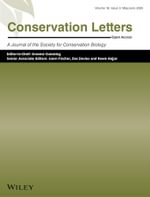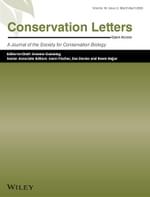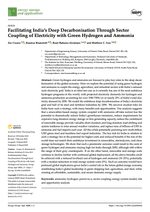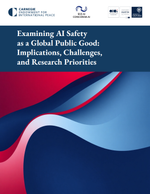The Lancet
View Journal Article / Working PaperFood systems have the potential to nurture human health and support environmental sustainability, however our current trajectories threaten both. The EAT–Lancet Commission, a 3-year project that brings together 37 experts from 16 countries with expertise in health, nutrition, environmental sustainability, food systems, economics and political governance including the Oxford Martin Programme on the Future of Food, addresses the need to feed a growing global population a healthy diet while also defining sustainable food systems that will minimise damage to our planet.
The Commission quantitively describes a universal healthy reference diet, based on an increase in consumption of healthy foods (such as vegetables, fruits, whole grains, legumes, and nuts), and a decrease in consumption of unhealthy foods (such as red meat, sugar, and refined grains) that would provide major health benefits, and also increase the likelihood of attainment of the Sustainable Development Goals. This is set against the backdrop of defined scientific boundaries that would ensure a safe operating space within six Earth systems, towards sustaining a healthy planet.




